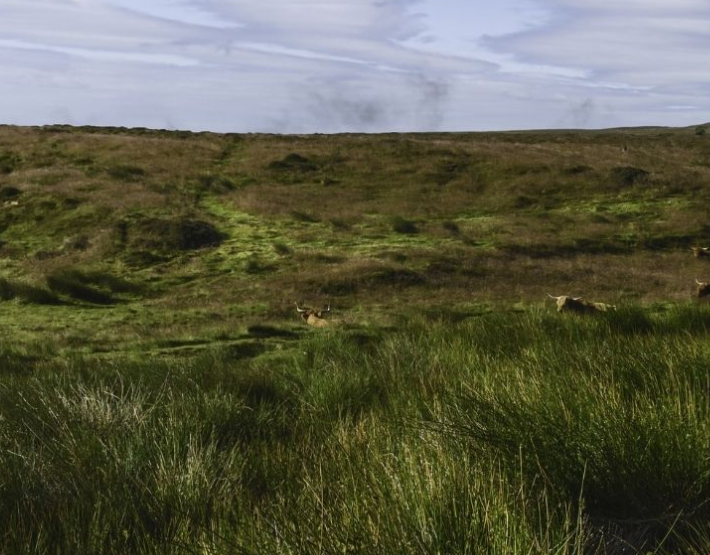Rewilding can involve a variety of approaches and drivers but with a common goal of encouraging habitat recovery. Also, by improving biodiversity, rewilding projects may provide other ecosystem benefits like carbon capture, protecting water quality or exporting pollination services.
Species reintroductions can play an important role in some rewilding projects particularly where the species in question drives habitat restoration. This is very much the case for beaver reintroductions which have been shown to not only create biodiverse wetland habitats as a result of their damming activities, but also to regulate river flow and so prevent flooding. Beavers are an example of a high profile species where their presence can bring benefits to both nature and people. But species reintroductions are not necessary for rewilding projects to deliver such benefits and when they do occur they are as likely to involve far less conspicuous species such as invertebrates and rare plants.
One common misconception about rewilding projects is that they seek to remove human activity from landscapes. In fact there are many ways that rewilded landscapes can provide opportunities for people such as tourism, education and food production. Farmers and other landowners are vital to maintaining and enhancing our natural landscape as part of the drive to produce high quality affordable food. RSK Wilding have a vision where ecologists work in partnership with landowners to deliver biodiversity gain alongside sustainable quality food production and other benefits for humanity. We also see this as an enormous opportunity for the farming industry to secure income through Biodiversity Net Gain or Carbon Credit payments in return for integrating habitat restoration into their business models..
See resources around Rewilding on Table Debates here.
See a rewilding example here.








Discussion
IAgrE webinar with Mark Kibblewhite, environmental chemist and chair of Dorset Wildlife Trust, on Wilding opportunities for agricultural engineers
View Mark's LinkedIn post
See Series of Letters on Table Debates about whether UK rewilding could affect global biodiversity through displaced production -
“My concern with rewilding in the UK is that, while it may lead to biodiversity gains here, there is a real risk that it will do so at the expense of natural habitats elsewhere… every hectare of farmland lost in the UK could require several hectares overseas to replace it.”
- David Williams
“Rather than asking whether to ‘do’ or ‘not do’ rewilding, we could instead ask whether it is beneficial to dial up any of the rewilding principles… the choice between farming and rewilding is a false dichotomy, because delivering both food production and nature recovery is not a zero-sum game.”
- Benedict Dempsey and Alec Taylor
https://tabledebates.org/letterbox/how-will-rewilding-affect-global-biodiversity